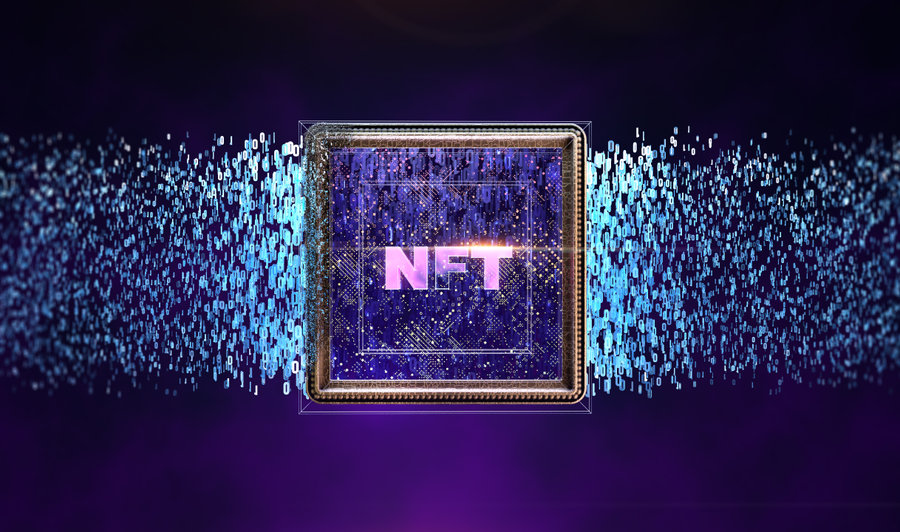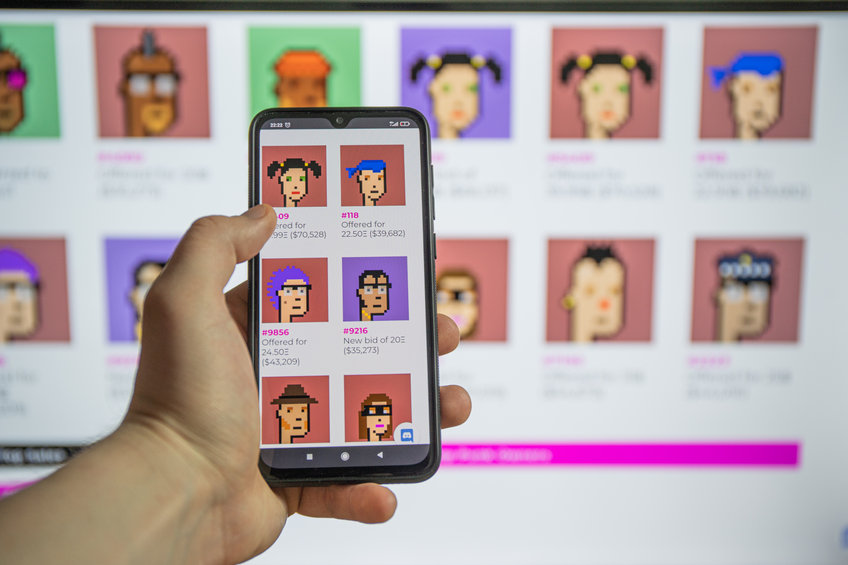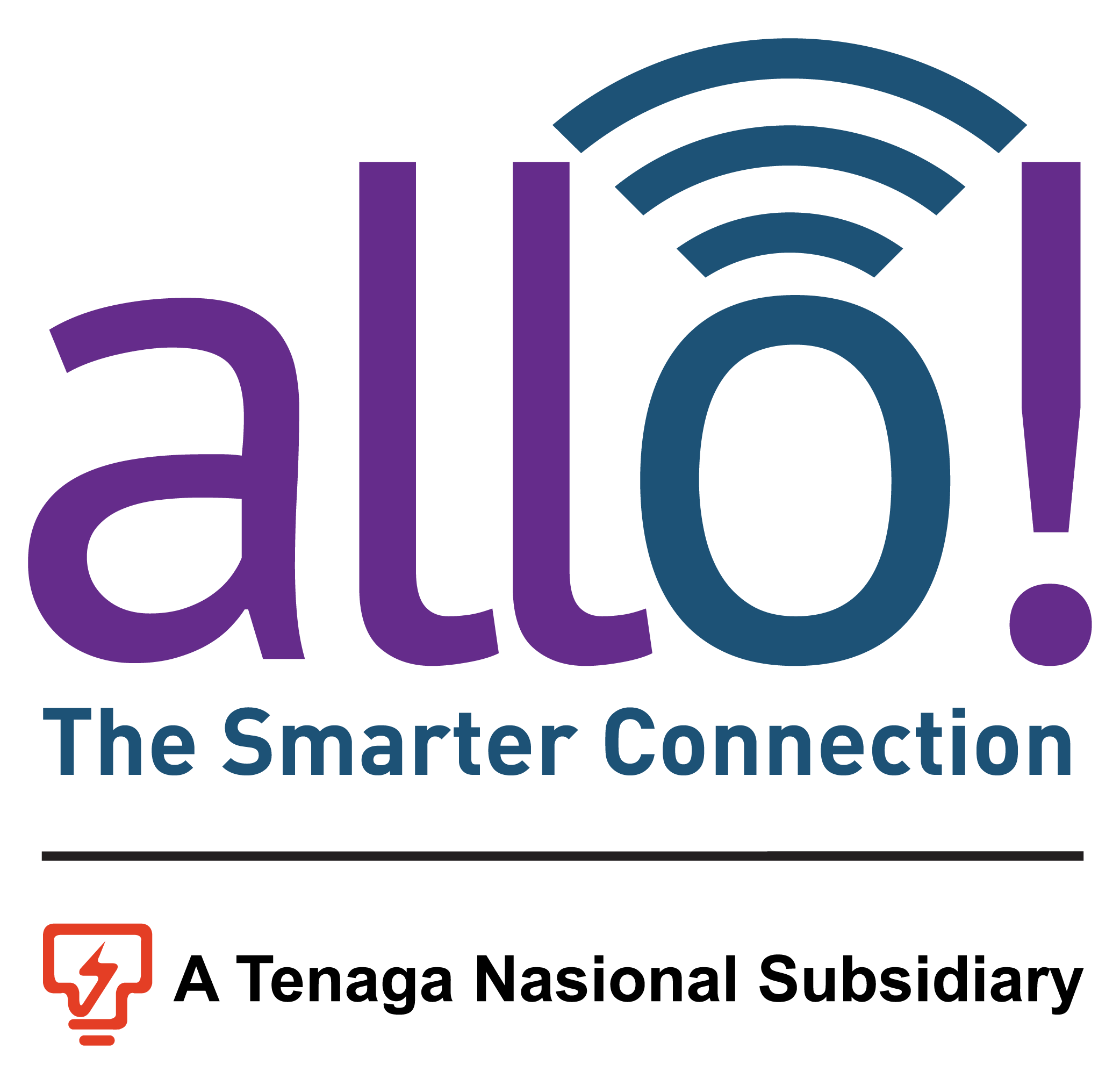BLOG
NFTs: What and Why You Should Care

If you have spent any time online this past year, then you must have come across the term NFT. Like most people, you may not have the slightest idea what it means. NFTs are making waves as alternative investments globally. The most famous is the $69-million sale of a Beeple artwork at Christie’s Auction House. The assets have made their way to Malaysia, with sales worth thousands, even millions of Ringgit, hitting the news.
Artists such as Katun, Red Hong Yi and Namewee have had luck selling their pieces for impressive amounts. Companies like Kadokawa Gempak Starz are also leveraging the craze. As NFTs become common headlines in mainstream media, investors looking to capitalise on them should first understand their use. So, this guide attempts to lay out a few fundamentals of NFTs. However, it might take several posts to comprehend the digital assets fully.
What is an NFT?
The acronym stands for Non-Fungible Token. What is it that, though? When an item is fungible, it means or can be exchanged for the same value. For example, you can get one Bitcoin for another Bitcoin. Therefore, digital currencies, like fiat, are fungible. Non-fungible items are unique and, so, cannot be switched for the same value. Take a piece of art by a famous artist, for instance. No other artwork like that exists, meaning any exchange made for it will be for something different.
Non-fungible tokens are digital assets created with distinct identification codes. They run on the blockchain network, primarily Ethereum’s. For this reason, NFTs can be traced back to the owner and are tamper-proof. They offer a non-transferable identity. These features allow the cryptographic assets to be used as digital signatures, proving ownership.
The art market has been the biggest beneficiary of NFTs, with artists turning individual pieces into crypto assets. However, NFTs can be a lot of things, including memorabilia, collectables, coupons, contracts, real estate, photos, music, video, tweets and health records. So, you see, the potential for non-fungible tokens is limitless.

Where is the Value?
Why would a buyer pay millions of Ringgit for an NFT? A hot debate going on about non-fungible tokens is if they have value or not. Supply and demand create the market for these digital assets. People love exclusivity, and NFTs provide that. Think of an art collector with a priceless Rembrandt. Owning an NFT gives you bragging rights. Therefore, the rarer an item is, the more value it gains.
One aspect that separates NFTs from physical goods is that they are not entirely exclusive. Although an asset cannot be duplicated, the original owner still maintains rights over it. Take Katun’s Garden of Bloom painting, for instance, which was part of an RM 1.6-million sale. The artist could, in theory, reproduce the same piece as an NFT. A viral video clip could be turned into multiple tokens. Therefore, the market runs on trust. Sellers have to count on buyers to guarantee exclusivity.
NFTs in Malaysia
Looking at current trends, NFTs appear to be performing favourably in Malaysia, with artists generating good revenues. Consumers also have marketplaces where they can transact with NFTs and leverage their benefits. The market is presently experiencing positive trends, but consumers and businesses should be careful. Like many regions, Malaysia has not regulated NFTs yet, meaning it is the Wild West out there.
Buyers and sellers don’t have laws to protect them when transacting in NFTs, posing various risks. Hence, be careful when entering the market to avoid wasting money. If NFTs were to be regulated, they would qualify as securities, converting them into tradable assets. They would be under the purview of the Securities Commission of Malaysia. However, regulators do not always keep up with trends, meaning, it might be a while before we see any legal moves.
As an investor in Malaysia wondering what value these assets have, it helps to see what NFTs mean for different people.
The Value for Consumers
As a consumer, buying an NFT eliminates the risk of investing in counterfeits. Whether buying an image, contract or music, you are confident it is the real thing. By design, non-fungible tokens let you track ownership, making it easy to avoid fakes. One question that comes up is what happens if another person has an image of the same NFT? Pictures of digital assets do not equal ownership. Having a print or a photo of Van Gogh’s The Starry Night does not make you the artwork’s owner.
Efficiency is another advantage consumers get from dealing with non-fungible tokens. Since sellers and buyers can interact directly, the digital assets get rid of intermediaries. Collectors can purchase memorabilia or collectables without the help of an agent, saving time and money. Consumers only have to know where to look for the NFTs they want.

NFTs and Businesses
Brands can use NFTs to stand out, giving them a competitive edge. How can they do this? For one, a company can support causes through NFT sales, hence, promoting its social responsibility programs. Through NFTs, you can raise money at any level and market your supported charities.
Enterprises have opportunities to tap into new markets and revenue streams by selling digital assets. You can turn various goods into NFTs to target a unique customer base.
NFTs can revolutionise promotional campaigns by letting businesses create single-use materials. You can have counter-proof discount codes, coupons or event tickets that make it easy to tailor marketing messages to specific audiences.
Through non-fungible tokens, brands can streamline their reward schemes. You can tokenise loyalty cards, allowing members to download and scan them at POSes to earn points. The accumulated points can then be used for purchases.
Companies with interesting histories can turn their stories, for instance, an award-winning ad, into NFTs and sell to consumers. You can make customers feel like part of the family.
Now you have an inkling of what NFTs are and what they can do. As with all digital tech, accessibility will always be a priority for implementation. That’s why Allo is constantly looking at expanding our network of connectivity, to ensure more and more Malaysians can enjoy the benefits. Contact us with today to find out how we can help bring connectivity to you.
